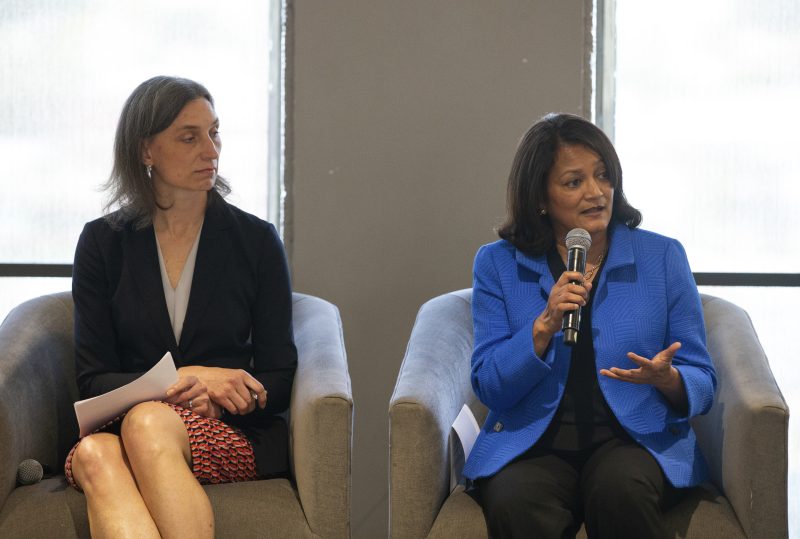
Activism or Apathy: Why Progressive Democrats Can’t Convert Momentum into Election Success
Progressive Democrats and the Challenge of Turning Activism into Election Wins
The political landscape in the United States has experienced a significant shift in recent years, with a growing number of progressive Democrats actively pushing for transformative change and advocating for more inclusive policies. From fighting for Medicare for All and the Green New Deal to addressing income inequality and racial justice issues, the progressive movement has gained momentum and captured the attention of many voters. However, despite their passionate activism and grassroots support, progressive Democrats have faced ongoing challenges in translating their energy and ideals into electoral victories.
One of the key hurdles that progressive Democrats face in turning activism into election wins is the entrenched power of the Democratic Party establishment. Despite the grassroots enthusiasm and popular support for progressive policies, the party leadership often remains hesitant to fully embrace the progressive agenda. This disconnect between the party establishment and the progressive base has led to tensions within the Democratic Party and has hindered the ability of progressive candidates to gain widespread support and resources.
Furthermore, the influence of money in politics presents a significant barrier for progressive Democrats seeking to win elections. Corporate interests and wealthy donors wield considerable influence over the political process, which can make it challenging for progressive candidates who refuse to accept corporate PAC money to compete in expensive campaigns. Without access to the same level of financial resources as their establishment counterparts, progressive candidates may struggle to reach voters, build name recognition, and effectively communicate their message to a broader audience.
Another critical factor that affects the success of progressive Democrats in elections is the issue of voter turnout and engagement. While progressive candidates may enjoy strong support among a dedicated segment of the electorate, mobilizing turnout among key demographics and persuading undecided voters remains a challenge. Overcoming voter apathy, skepticism, and disengagement requires sustained grassroots organizing efforts, voter education initiatives, and strategic outreach campaigns that effectively communicate the benefits of progressive policies and the importance of civic participation.
In addition to these structural challenges, progressive Democrats must also contend with external factors that shape the electoral landscape, such as gerrymandering, voter suppression tactics, and the role of media in shaping public perception. These barriers can further complicate the already challenging task of winning elections, particularly in districts and states where the political environment is less favorable to progressive candidates.
Despite these obstacles, progressive Democrats have made significant gains in recent years, with victories at the local, state, and national levels. By building coalitions, expanding grassroots support, and adapting their strategies to local contexts, progressive candidates have been able to overcome some of the barriers to electoral success and demonstrate the viability of their platform.
To continue this momentum and achieve further electoral gains, progressive Democrats must remain committed to their values and principles, while also engaging in coalition-building, strategic partnerships, and targeted outreach efforts that resonate with a diverse and evolving electorate. By addressing the structural challenges that impede their electoral success and harnessing the power of grassroots activism, progressive Democrats can work towards building a more equitable, inclusive, and just society for all Americans.
